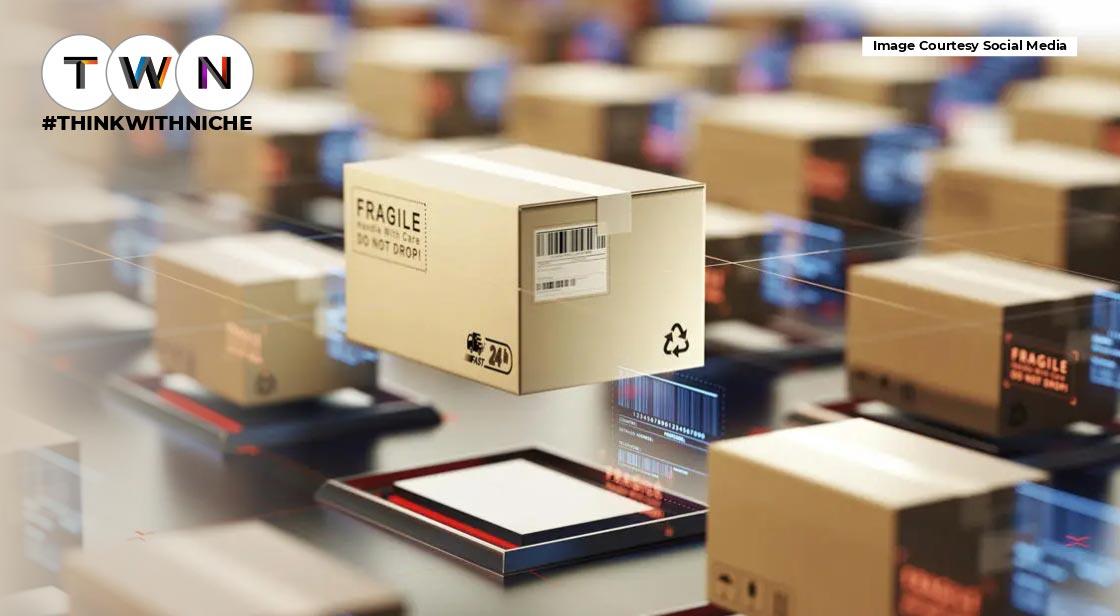
Global supply networks have always been fragile and complex. This has recently been complicated by persistent conflicts and diseases. Approximately 90% of the world's goods are delivered by sea, with approximately 60,000 cargo vessels, including 24,000 containers. It's simple to understand how everything, from this morning's coffee to the microchip in your smartwatch, might become misplaced or delayed.
Before the COVID-19 breakout, supply networks were in jeopardy. Businesses' success in facilitating global trade relied heavily on information technology. Because of IT investments in ERP systems and EDI exchanges, global supply chains have become more efficient. As the modern customer can see, there is still much to be done.
Adaptability & Agility in Supply Chain
Outside the company's gates, you can access up to 80% of business information. Many people are attempting to coordinate transactions using disparate platforms that do not communicate adequately. This poses numerous issues because all of these parties require consistent, trustworthy, and timely information about any occurrences that may have an influence on their supply chains, customers, or particular brands.
Modern supply chain information technology solutions play a crucial role in assuring visibility and sustainability. As multi-level supply networks become more frequent, multi-level supplier adaptability and supply chain agility become increasingly significant. Without this visibility, businesses will be unable to forecast and prevent problems.
Next-Gen Blockchains
Next-generation blockchains, which mix blockchain and cloud technologies, are one approach to addressing supply chain coordination issues. Businesses can use blockchain technology to track cargo. It can be utilized by retailers such as Amazon in the same way that Amazon customers track orders and shipping. The greatest advantage of blockchain technology is its capacity to allow parties to quickly and securely transfer data in a decentralized manner.
A gourmet chocolate vendor must be knowledgeable about its goods. This includes the expected arrival date and whether it was subjected to temperatures over its melting point. It also needs to know if the cacao beans were sourced ethically or cultivated responsibly. This comprehensive view is only possible by merging divergent data from several parties, including cocoa bean producers, warehouses, product transporters, logistics, and merchants.
They Are Concerned With Compliance, Security, And Privacy
Distributed ledgers and next-generation blockchains offer out-of-the-box data privacy solutions. Using simple permission mechanisms, data producers can easily decide who has access to their data. Because there are many people participating in the supply chain, organizations must not only share their data, but also audit and enforce who has access to their company data. When antitrust and competition restrictions are in place, these issues become even more pressing.
Sustainability And Traceability In Materials
The United Nations Economic Commission for Europe and the United Nations Food and Agriculture Organization have collaborated to establish a cotton traceability scheme based on the Ethereum blockchain. The project's goal is to raise awareness of and support small family farmers throughout Latin America.
Because cotton is famously difficult to track back to its source, this provides an opportunity for garment manufacturers to verify the sustainability of their supply chains as well as conduct audits to support Fair Trade claims to customers or governments.
Benefits
Future-generation blockchains will also have the following advantages that will aid in supply chain monitoring:
Next-generation blockchains are frequently supplied as software-as-a-service (SaaS), reducing the need to manually deploy, secure, maintain, and pay for infrastructure scaled to peak capacity. SaaS enables all value chain participants, regardless of location, to have the same trustworthy and full picture. This is done to guarantee the authenticity and provenance of the product.
Next-generation distributed ledgers and blockchains provide out-of-the-box privacy solutions. Using basic permission procedures, data producers can control who has access to their data. Businesses must be able to audit and regulate who has access to their business data in addition to sharing it. These issues are exacerbated when antitrust or competition laws are in place.
Blockchains of the future will be energy and cost-efficient. They can profit from multi-tenanted cloud architectures while avoiding the environmental impact of proof-of-work systems. Adopters can also benefit from lower costs and a lower carbon imprint.
Challenges That Must Be Resolved
Companies must be able to give unparalleled supply chain data. This includes real-time information regarding the location of items, their status, and quality. It is also vital to comprehend how a specific items production process operates and what fulfillment needs it satisfies.
Tags:
global supply chains, information technology, global trade
Read This Full ARTICLE, Click Here


Comments
Post a Comment